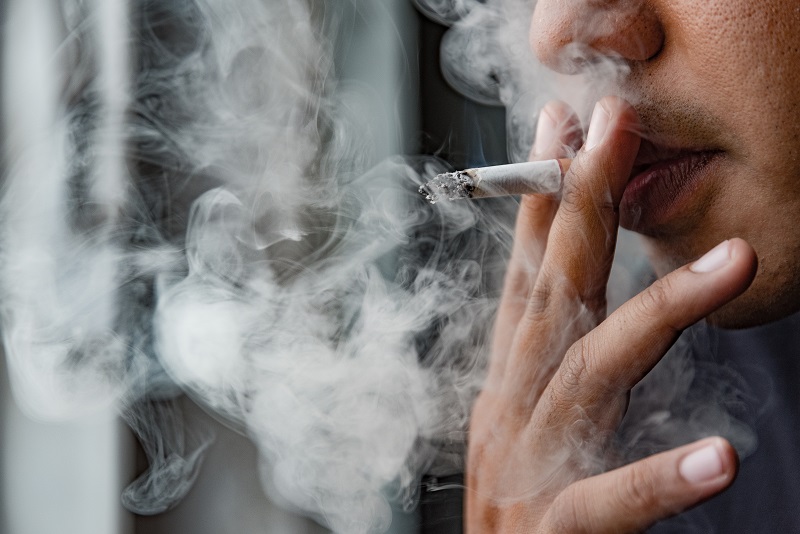HEALTHWISE

STUDY: SMOKERS ADDICTED TO CANNABIS FACE 624% HIGHER RISK OF ORAL CANCER
New Study Links Cannabis Addiction and Smoking to Major Rise in Oral Cancer Risk
A recent study from the University of California, San Diego, has revealed a concerning link between cannabis addiction and a sharply increased risk of oral cancer, especially among tobacco smokers.
According to the research, tobacco smokers who are also addicted to cannabis are 624% more likely to develop oral cancer within five years compared to those who only smoke cigarettes.
While past studies already showed that cigarette smokers are 5 to 10 times more likely to develop oral cancer than non-smokers, this new study highlights how combining tobacco use with cannabis use disorder may significantly raise that risk even further.
Key findings from the study include:
Individuals with cannabis addiction alone are 3.25 times more likely to be diagnosed with oral cancer than those without.
When combined with tobacco smoking, the risk jumps dramatically to over six times higher than for cigarette smokers who do not use marijuana.
The study analyzed over 45,000 oral cancer cases, including 949 individuals diagnosed with cannabis use disorder.
Why the increase in risk?
Cannabis smoke contains many of the same cancer-causing chemicals found in tobacco. These substances can damage the sensitive lining of the mouth (epithelial tissue), increasing vulnerability to cancer.
Oral cancer includes cancer of the lips, tongue, gums, cheeks, and roof or floor of the mouth. It’s typically caused by smoking, heavy drinking, and HPV infection, but the emerging data now point to cannabis smoke as a major contributing factor.
Lead researcher Professor Raphael Cuomo emphasized the importance of early detection, noting that cannabis edibles and THC beverages don’t pose the same risk. He advises regular mouth self-checks, routine dental visits, and prompt medical attention if symptoms like persistent mouth sores, bleeding, or lumps occur.
The American Cancer Society estimates that nearly 60,000 new oral cancer cases will be diagnosed in the U.S. this year, with 12,800 deaths expected.
This UC San Diego study supports earlier findings from the University of Southern California (2024), which also found that daily cannabis use increases the risk of head and neck cancers by up to five times.
Researchers are now calling for greater public awareness, especially among young people and those undergoing treatment for substance use. They also urge the integration of oral cancer education into drug recovery programs.
As marijuana becomes more widely used and legalized, health experts say understanding its long-term effects—especially when combined with other habits like smoking—is more crucial than ever.
"This represents a significant development in our ongoing coverage of current events."— Editorial Board









